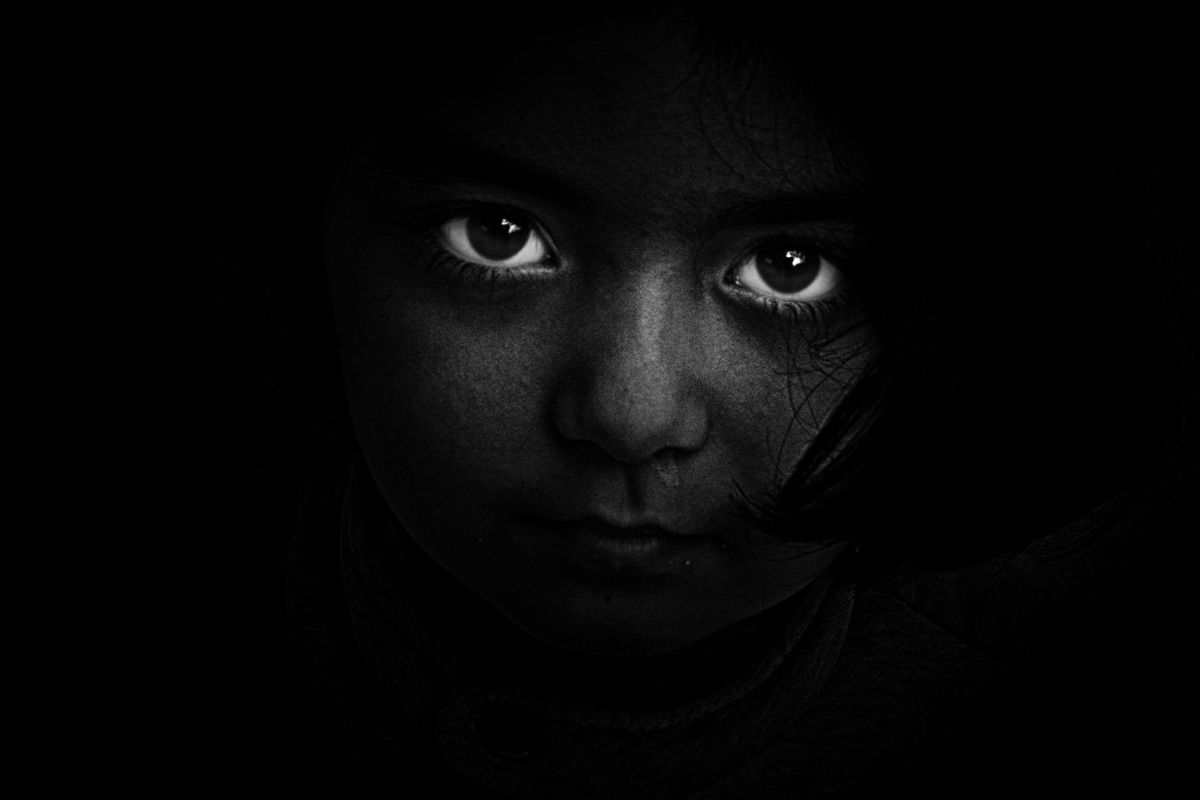It’s not uncommon for kids to be afraid of the dark, loud noises, or even imaginary monsters. Childhood fears are a natural part of growing up, and they often come and go as kids try to make sense of the world. Still, these fears can feel very real and overwhelming to your child. Here’s how you can help ease those worries and build their confidence in facing the things that scare them.
1. Listen and Validate Their Fears
The first step in helping your child with fear is simply listening. Ask them to tell you about what scares them. Whether it’s a “monster” under the bed or the noise of the wind at night, acknowledging their feelings lets them know it’s okay to be afraid. Instead of saying, “There’s nothing to be afraid of,” try saying, “I understand that sounds scary.” It helps them feel supported and heard.
2. Keep Calm and Reassuring
Kids are highly intuitive and often pick up on how adults react. Try to stay calm and confident when they express their fears. Reassure them by telling them they are safe and you are there to protect them. If they sense that you believe they’re safe, they’re more likely to accept it. Calm reassurance can go a long way toward helping them feel secure.
3. Use a Nightlight or Comfort Object
If your child is afraid of the dark, try introducing a soft nightlight or giving them a comfort object like a stuffed animal. These minor adjustments can make a big difference by giving them something familiar to focus on instead of the darkness. A comforting object can also help them feel less alone, especially when you’re not in the room.
4. Teach Positive Self-Talk
Encourage your child to use positive statements when scared, like “I am brave” or “I am safe.” Positive self-talk can be very empowering, even for young kids. You might devise a simple “bravery” phrase together that they can say when they feel scared. Over time, these affirmations can help them build confidence in facing fears independently.
5. Offer Small Steps Toward Facing Their Fear
If your child is willing, help them gradually confront their fear in small, manageable steps. For example, if they’re afraid of sleeping with the lights off, you might try dimming the light a little bit each night until they’re comfortable with it being off. Praise them each step of the way, letting them know how proud you are of their bravery.
6. Use Imagination for Positive Reframing
Sometimes, creativity can help diffuse fear. If they are afraid of “monsters,” make it fun by saying the monsters are friendly, or invent a “monster spray” (water in a spray bottle) that “scares them away.” Turning fear into play helps take away its power, showing kids they have control over their imagination.
7. Model Brave Behavior
Kids often learn through observing you. When they see you acting brave in situations that might make you nervous, it can show them that it’s okay to be a little scared and that bravery means facing things even when they’re afraid. Talk through how you handle your fears to show them that it’s normal to feel nervous but that those feelings don’t have to stop you.
8. Provide a Bedtime Routine
A soothing and predictable bedtime routine can provide comfort and security for fears of the dark. Bath time, storytime, and a few minutes of quiet talk about their day can help them settle down before sleeping. Predictability is comforting; the routine can help them focus on something familiar and safe before bed.
Final Thoughts
Handling your child’s fears takes time, patience, and plenty of encouragement. While it may take some time for them to overcome their fear fully, your calm support can make all the difference. Remember, fear is a normal part of growing up, and by helping them learn ways to cope, you’re giving them tools they’ll carry with them long after childhood. Just keep reassuring them, providing tools to manage their feelings, and helping them see they can face the world confidently.





